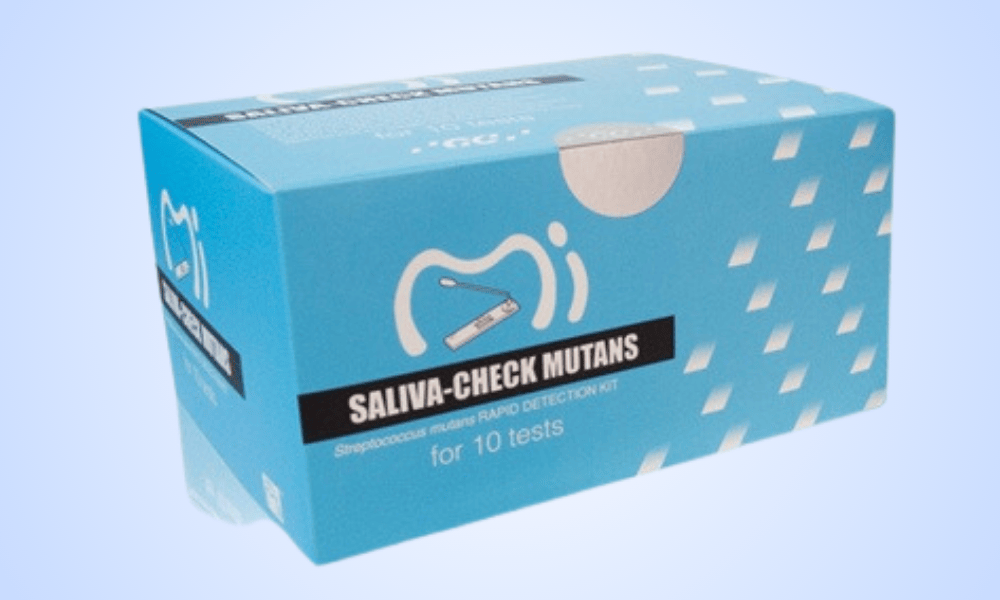Caries Susceptibility Test: Early Detection for Healthier Smiles
A caries susceptibility test is a procedure that helps you identify your risk of developing cavities and design a personalized prevention program to reduce that risk. Book Your Appointment Now for your caries susceptibility test and safeguard your smile for the future.

Why Choose Our Caries Risk Test?
The caries risk test is an advanced diagnostic tool that measures the bacteria levels in your mouth, a major contributor to tooth decay. By using a bacteria test meter and a swab machine to test for germs, we can determine if you’re at risk for cavities before they develop.
The Importance of Regular Caries Risk Assessments
Regular caries risk assessments are essential for monitoring your oral health. By undergoing periodic testing with the cavity test or ATP testing, we can track changes in your dental health and catch issues early.

How the Caries Susceptibility Test Works
The test involves bacterial swab reading to detect harmful bacteria that could lead to tooth decay. We use a germ swab kit and an innovative germ testing machine to analyze the bacteria in your mouth accurately. By evaluating the results with a bacterial swab reader and ATP testing meter, we provide a comprehensive caries assessment.
If the test reveals a high level of bacteria, we offer customized solutions, including fluoride treatments and oral hygiene advice, to reduce the risk of cavities. This proactive approach can help you avoid extensive dental work later on, saving both time and money.

How Our Caries Check Benefits You
- Early Detection: Catch potential dental issues before they turn into major problems.
- Customized Care: Based on your caries susceptibility test results, we offer personalized treatment plans.
- Long-Term Savings: Prevent costly treatments by staying ahead of potential issues.
- Comprehensive Monitoring: Use advanced tools like the Cambra dental system to monitor your progress.
Why Trust Lawrenceville Dentistry For Your Caries Susceptibility Test
Experienced Care
Our team stays up-to-date with the latest treatments for your best care.
Sanitation & Safety
We follow strict sterilization protocols for your protection.
Comfort
Enjoy a relaxed, stress-free atmosphere during your visit.
State-of-the-Art Technology
We use advanced tools for effective, efficient treatment.
Personalized Approach
Treatment tailored to your unique dental needs for optimal results.
Frequently Asked Questions
Protect Your Teeth with a Caries Susceptibility Test!
Visit the top dental clinic near you at Lawrenceville Dentistry. Schedule your consultation today to assess your risk for cavities and take proactive steps for better oral health.
Call us today or fill out our online form to get started!





